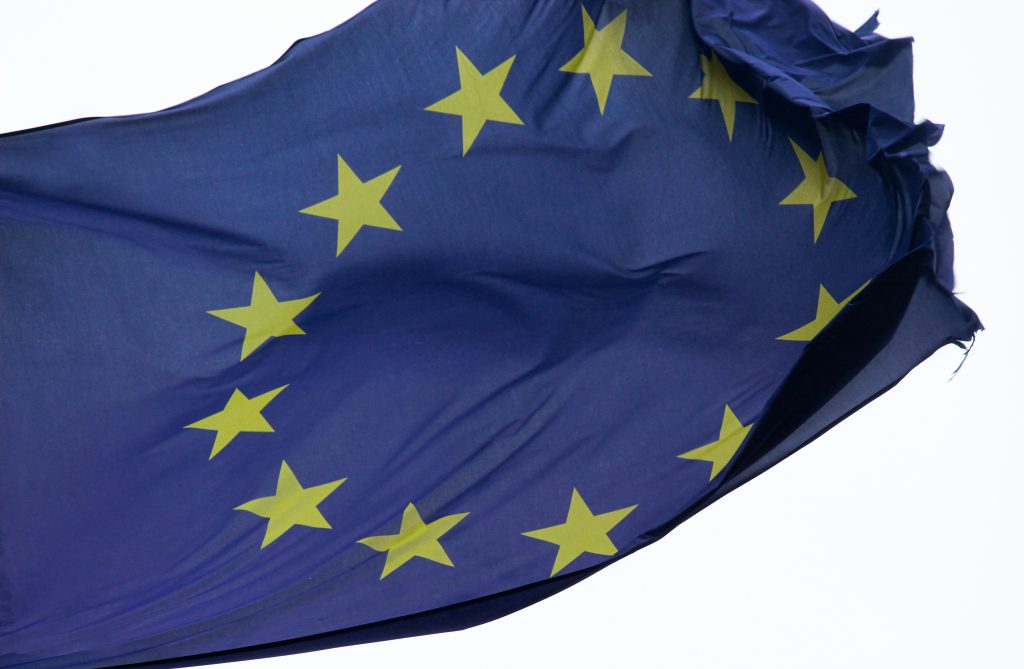December the 7th, 2024 – The European Commission (EC) has proposed five measures aimed at bettering the general standard for Croatian retirees.
As Poslovni Dnevnik writes, the European Commission has proposed five measures for Croatian retirees, more specifically aimed at bringing change to the pension insurance system. Due to ongoing poor demographic trends, namely the ageing of the population, the purpose of these proposals is to encourage longer working hours until retirement, as well as to discourage early retirement.
This brings us to the hated proposal to gradually increase the age limit at which people can begin to draw their pensions. However, the EC has also pointed to things that retirees benefit from, these are primarily an increase in the non-taxable part of the pension, a fairer adjustment model, and protection for retirees with lower incomes.
The crux of the matter, however, is that Europe wants to increase the retirement age for Croats. With that being said, the EC report provides a broader context for this unpopular measure, which was stopped in Croatia in 2019 by the trade union referendum initiative called “67 is too much/67 je previše”.
Promoting longer working lives with sustainable pensions
“The Pension Adequacy Report, which the EC and EU Member States adopt every three years through the Social Protection Committee, provides valuable analysis that can contribute to political discussions on pension reforms in the EU. The reports contain cross-sectoral and country-specific analysis.
The 2024 report for Croatia notes that, given ongoing adverse demographic trends, it’s necessary to reduce the outflow of the workforce, increase the employment rate of older workers (which is significantly below the EU average), promote longer working lives and ensure adequate and sustainable pensions,” the European Commission Representation in Croatia told Mirovina.hr/Pension.hr.
The proverbial wheels of five important EC recommendations for Croatian retirees will now be put into motion. The first is that the Croatian Government should continue with measures that discourage early retirement and encourage delayed retirement.
In this sense, Prime Minister Andrej Plenković is already announcing an increase in bonuses for those who continue to work after they meet the conditions to retire. The bonus now amounts to 0.45 percent for each month of later retirement, up to a maximum of five years, which theoretically results in a 27 percent higher pension.
a gradual increase in retirement age
The second European Commission recommendation for Croatian retirees proposes a gradual increase in the retirement age from 65 years for men, and 63 years and six months for women. However, no detailed proposal is given for when and by how much. Starting next year, women will be able to retire when they turn 63 years and nine months of age.
Each following year, the requirement is raised by three months, and so on until 2030, when the retirement age for both men and women will be equalised. Women can retire early this year if they’re 58 and a half years old and have 33 and a half years of working service. In both cases, the right for women this year is two and a half years more favourable than the right to a pension for men. The difference used to be five years, and after the end of the transitional period, the conditions will be the same for everyone.
The European Commission also proposes a third item for Croatian retirees, and that is to change the way pensions are taxed. This would be done by increasing the non-taxable part of the pension. This is certainly a positive recommendation that will bring benefits. As things stand, around 500,000 Croatian retirees currently pay pension tax.
After the July adjustment alone, 70,000 new beneficiaries fell into the tax bracket because pensions increased by around 40 euros on average. The number of taxpayers has increased after each adjustment.
Fairer adjustment and protection for those with a lower income
The European Commission has also recommended the application of an indexation model for Croatian retirees. This could also be framed as a pension adjustment in order to increase the share of pensions in wages in the future. Wage growth has devalued the real value of pensions, which haven’t yet fully followed this trend through adjustments.
Finally, the European Commission wants to protect Croatian retirees with lower incomes by ensuring access to a minimum income or housing allowances in the event of high housing or energy costs. In this regard, the state pays one-off cash benefits twice a year in the amount of 60 to 160 euros for those who have monthly pensions which don’t exceed 840 euros. These benefits are expected by beneficiaries of foreign pensions in Croatia this month.
There are also electricity vouchers in the amount of 70 euros, but they aren’t intended specifically for pensioners alone.
It has been deemed that the state needs a comprehensive policy to protect retirees with the lowest incomes from poverty. One way to achieve this is to increase the lowest pensions, which the government is remaining silent about for now. In 2025, pensioners can expect the introduction of a more favourable adjustment formula, a permanent pension supplement, an additional year of service added for each child, and a larger bonus for later retirement. All of the above is in line with European Commission recommendations for Croatian retirees.










